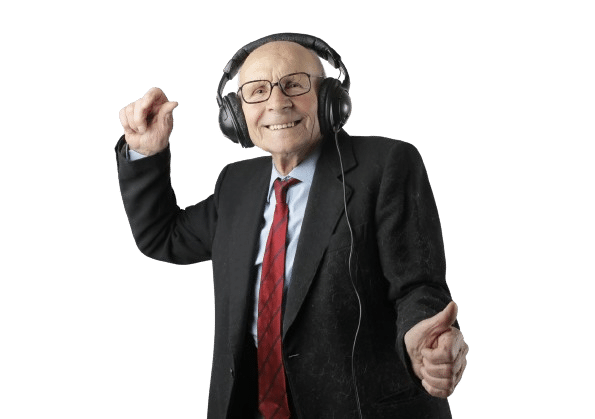Music as a Powerful Medium of Communication
Music is more than just sound. It’s a language—a powerful, universal form of communication that transcends borders, cultures, and even time itself. As musicians, we don’t just play notes or sing lyrics; we convey stories, emotions, and experiences that resonate deeply with those who listen. Whether through the haunting melody of a violin, the thundering beat of a drum, or the soulful lyrics of a ballad, music speaks in a way that words often cannot. It’s this power that makes music not just an art, but a profound medium of communication.

The Universality of Music
Imagine a song that makes you cry, though you don’t understand the lyrics. Or a beat that makes you dance, even if it originates from a culture vastly different from your own. That’s the magic of music—it connects us all. In a world where language barriers can divide, music serves as a bridge. Its ability to convey emotion without the need for translation is unparalleled. This is why a traditional Japanese koto melody can stir the heart of someone in Brazil or why African rhythms can get people in Europe moving.
For musicians, understanding this universality is key. Each note you play, each lyric you write, carries the potential to connect with someone, somewhere, on a deep, emotional level. This is the essence of music as communication: it’s a dialogue between the artist and the listener, one that transcends spoken language.

Tapping into Emotions
Music has a direct line to the emotions. When words fail, music speaks. It captures the essence of joy, sorrow, love, anger, and everything in between. As a musician, you wield this power—your instrument or voice becomes a tool for emotional expression. You don’t just create sound; you create an experience.
Think about the last time you were moved by a piece of music. Maybe it was a song that brought back a flood of memories, or a melody that made your heart swell with hope. That’s the communicative power of music. It speaks to the human condition in a way that’s both intimate and universal.
The Storytelling Aspect of Music
Beyond emotion, music is also a storytelling medium. Every musician is a storyteller, whether they realize it or not. From folk songs that pass down history to epic symphonies that paint sonic landscapes, music tells stories. These stories can be personal, like the heartache of a breakup, or collective, like an anthem that unites a nation.
Lyrics often serve as the narrative thread, but even instrumental music tells stories. A guitar solo can convey struggle, a piano piece can recount a journey, and a full orchestra can depict an entire saga. Musicians are the authors, and their instruments are the pens with which they write.
Music as a Social and Cultural Tool
Throughout history, music has been a catalyst for change, a medium for protest, and a vehicle for social commentary. From the civil rights anthems of the 1960s to the punk rock rebellion of the 1970s, musicians have used their craft to speak truth to power. In this way, music is more than entertainment; it’s a tool for communication and transformation.
As musicians, we have a responsibility to recognize the impact our music can have. Whether intentionally or not, the music we create contributes to the cultural and social dialogue. Our songs can comfort, challenge, and inspire, making them vital to the collective human experience.
Conclusion: Embrace the Power
For every musician, the realization that music is a medium of communication opens up a world of possibilities. You are not just a performer or a composer; you are a communicator, with the ability to speak to the soul. Embrace this power. Recognize that your music has the potential to connect, to move, and to tell stories that words alone cannot.
In every note, in every beat, lies the power to communicate. Use it wisely, and remember that when you make music, you’re not just playing—you’re speaking a language that everyone, everywhere, understands.
Written by Palace Record CEO Mr. Patrick I Ekhonmun
